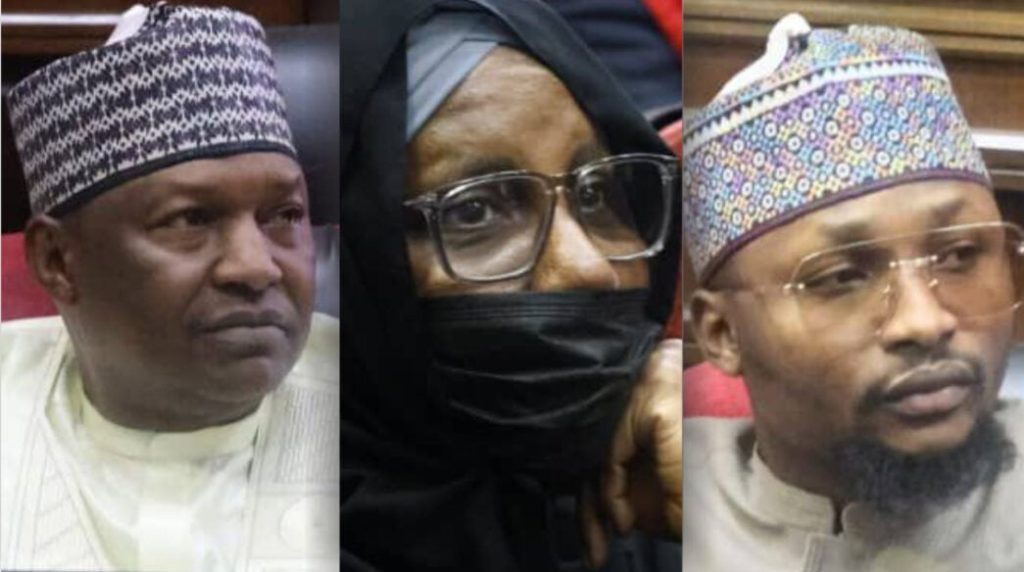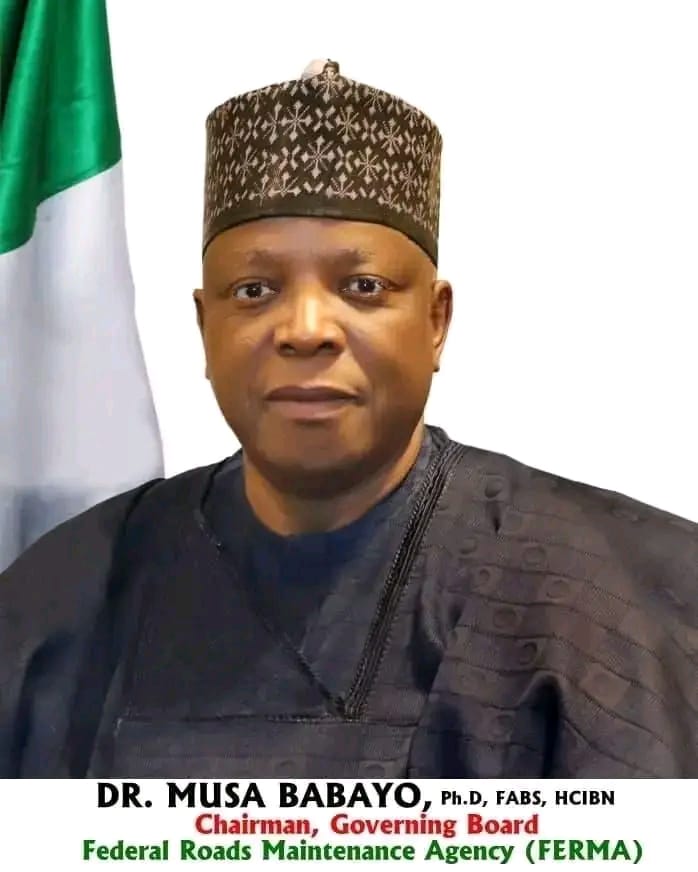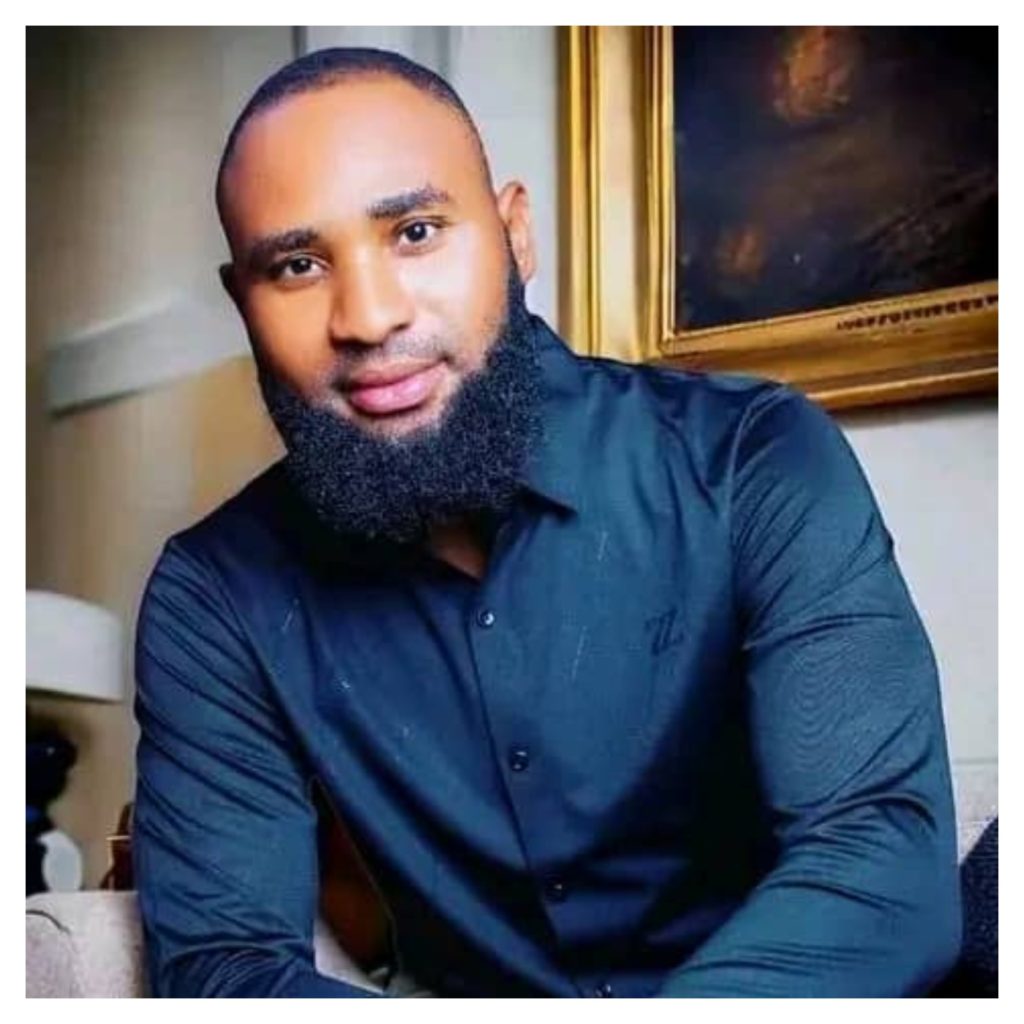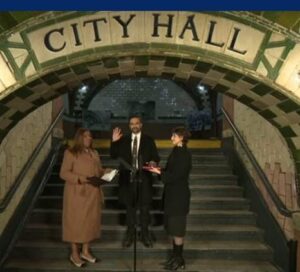Justice For Hanifa, Iniubong
Many Nigerians sighed in relief when a Kano state high court sentenced Abdulmalik Tanko, the kidnapper and killer of five-year-old Hanifa Abubakar, to death by hanging. Justice Usman Naaba also slammed a five-year jail term on the murderer for all the five charges levelled against him.
The court also found guilty the second accused in the case, Hashim Isiyaku, on four charges and sentenced him to death by hanging.
Recall that the schoolgirl was brutally poisoned to death by the proprietor of her school sometime in 2021 after collecting ransom from her parents.
Similarly, an Akwa Ibom state high court sitting in Uyo sentenced 21 years old Uduak Akpan to death by hanging for the murder of Iniubong Umoren, a job seeker in the state.
The presiding judge, Justice Bassey Nkanang, in his ruling also sentenced the accused to life imprisonment for raping the deceased lured to his father’s house in Uruan local government for the sake of offering her a job.
I was impressed with the speedy trial of both cases which didn’t take more than a year, unlike previous cases that lasted years till it gets abandoned. Speedy trials of corruption cases and other cases will strengthen the people’s confidence in the judiciary. This is a good win for the judiciary.
Now that the judiciary has sentenced both animals to death, I expect the Kano and Akwa Ibom state government to sign the death warrant for both men. The Kano state governor, Abdullahi Ganduje, had promised to sign the death warrant if Hanifa’s killer is sentenced and now the court has done that.
It is instructive to note that since the dawn of democracy in 1999, only two governors have signed death warrants for the execution of death row inmates in the country.
It would be recalled that the former governor of Kano state Ibrahim Shekarau was the first to have signed in 2006, while the second was by former Edo state, Adams Oshiomhole, in October 2012.
The former Kano state governor reportedly endorsed the execution of seven inmates on death row, who were all sentenced to death in the state, while Oshiomhole ratified the execution of two persons in Edo.
Most governors, maybe because of religious or ethnic beliefs, refuse to sign death warrants. We have many people on death row languishing in prisons. Some governors also because of pressure from international bodies who are on a massive campaign against the death penalty refuse to sign the death penalty.
According to a report, there are no fewer than 3,145 inmates on death row in Nigerian correctional centres across the country.
Figures on the website of the Nigerian correctional centres indicated that as of July 4, there were a total of 74,675 inmates in the country, comprising 52,714 awaiting trial and 21,961 convicted inmates. Also, the total number of male inmates was given as 73,139 while there were 1,536 female inmates.
Needless to say, we need to decongest our prisons by ensuring swift dispensation of justice.
With the successful trial of Hanifa and Iniubong, I expect speedy trials of terrorism suspects. It makes no sense to spend years in court for a terrorism suspect when in most cases it is an open and shut case. Most of the suspected terrorists and bandits have killed and kidnapped scores of people. Terrorism cases should not last more than six months.
Indeed, crimes continue to thrive in Nigeria because there are no consequences for bad behaviour. When justice is seen to be done swiftly, many Nigerians will start to believe in the maxim that the judiciary is the last hope of the common man.
TheCable.















Post Comment